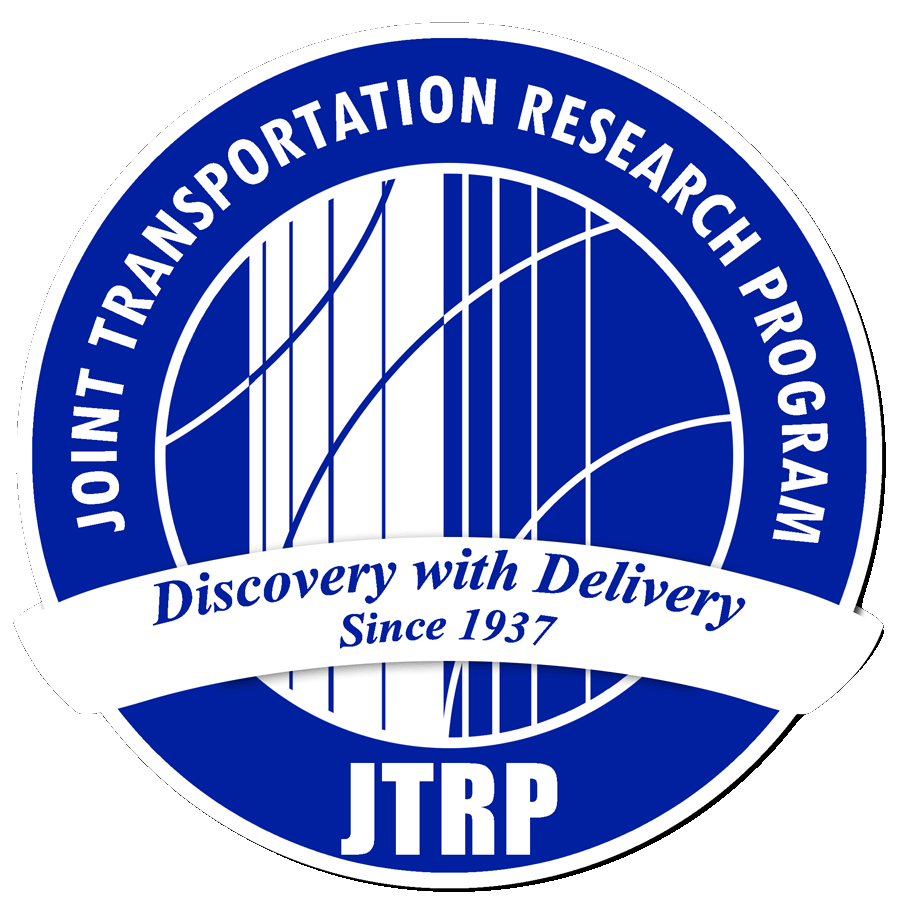Recommended Citation
Zeng, Y., and C. W. Lovell. Using Pyrolized Carbon Black (PCB) from Waste Tires in Asphalt Pavement (Part 2, Asphalt Binder). Publication FHWA/IN/JHRP-95/12. Joint Highway Research Project, Indiana Department of Transportation and Purdue University, West Lafayette, Indiana, 1996. https://doi.org/10.5703/1288284313346DOI
10.5703/1288284313346
Abstract
Scrap tires derived from automobiles have become a large environmental problem in the United States. In this study, research is carried out to investigate the potential use of tire-derived pyrolyzed carbon black from scrap tires as an asphalt cement modifier. The asphalt cements used in this research were AC10 and AC20. Penetration and softening point tests were performed to obtain the consistency of the asphalt cements. The pyrolyzed carbon black, as provided by Wolf Industries, was combined with the asphalt cement in the following percentages; 5%, 10%, 15% and 20%. Penetration, softening point and ductility tests were performed to determine the temperature susceptibility of the modified binder as altered by the pyrolyzed carbon black. In order that the results are comparable to previous testing, commercial carbon black purchased from CABOT Industry was also used as a modifier in the tests. The same test procedures were applied to the asphalt cements modified by commercial carbon black. The test results contained in this report illustrate the viability of the pyrolyzed carbon black as an asphalt modifier. Recommendations are provided to facilitate further research on this particular project. A preliminary assessment of a test road using the pyrolyzed carbon is appended.
Report Number
FHWA/IN/JHRP-95/12
Keywords
scrap tires, asphalt, pyrolysis of scrap rubber, carbon black, asphaltic binder, test road, SPR-2096
SPR Number
2096
Project Number
C-36-55L
File Number
2-12-13
Performing Organization
Joint Highway Research Project
Publisher Place
West Lafayette, IN
Date of this Version
1996


